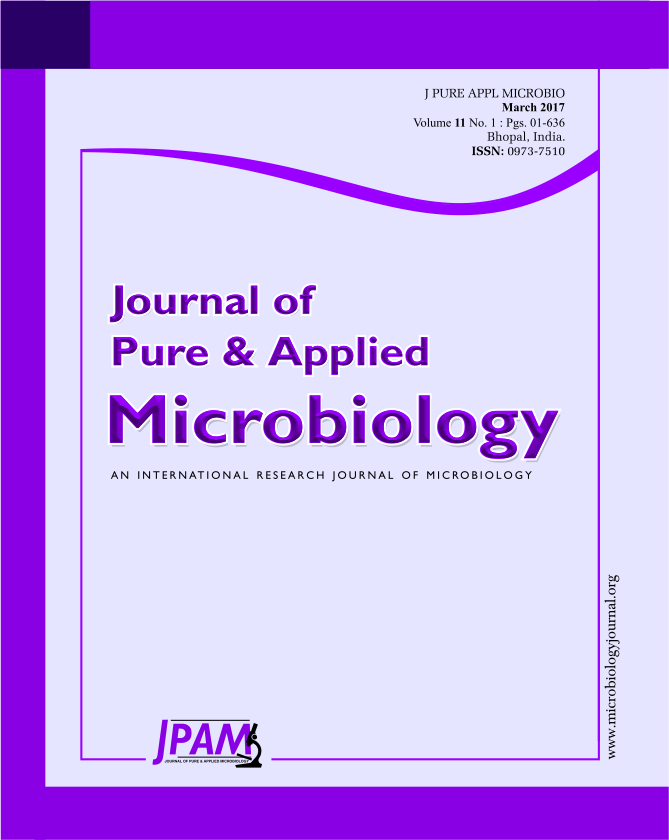Groundnut is known to be “king of oilseed crop” also referred as peanut or monkey-nut (Arachis hypogea) belongs to the family leguminoceae. A field experiment was conducted during kharif 2010 at Main Agricultural Research Station, University of Agricultural Sciences, Dharwad. 268 Recombinant inbreed lines (RILs) were developed from the cross TAG 24 x GPBD 4. Path analysis was helped to study the extent and nature of direct and indirect effects of yield contributing characters and developmental traits on pod yield. The characters which had positive direct effect with high magnitude were oil content and test weight. The characters which had positive direct effect with lower magnitude were seed phosphorous content and shelling percentage at phenotypic level. Path coefficient analysis indicated that test weight had direct effect and indirect effect on pod yield.
Groundnut, seed phosphorous content, yield.
© The Author(s) 2017. Open Access. This article is distributed under the terms of the Creative Commons Attribution 4.0 International License which permits unrestricted use, sharing, distribution, and reproduction in any medium, provided you give appropriate credit to the original author(s) and the source, provide a link to the Creative Commons license, and indicate if changes were made.


